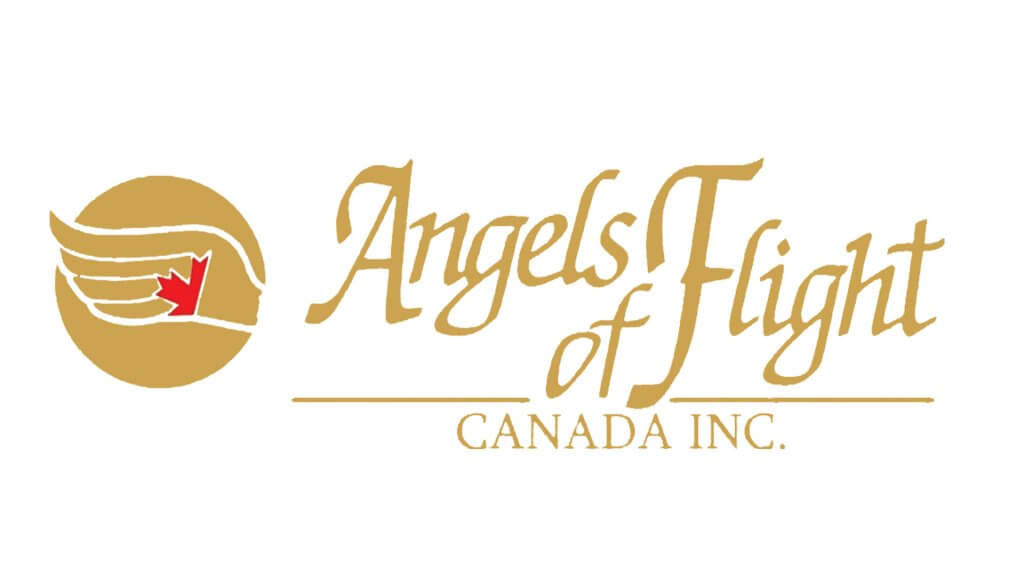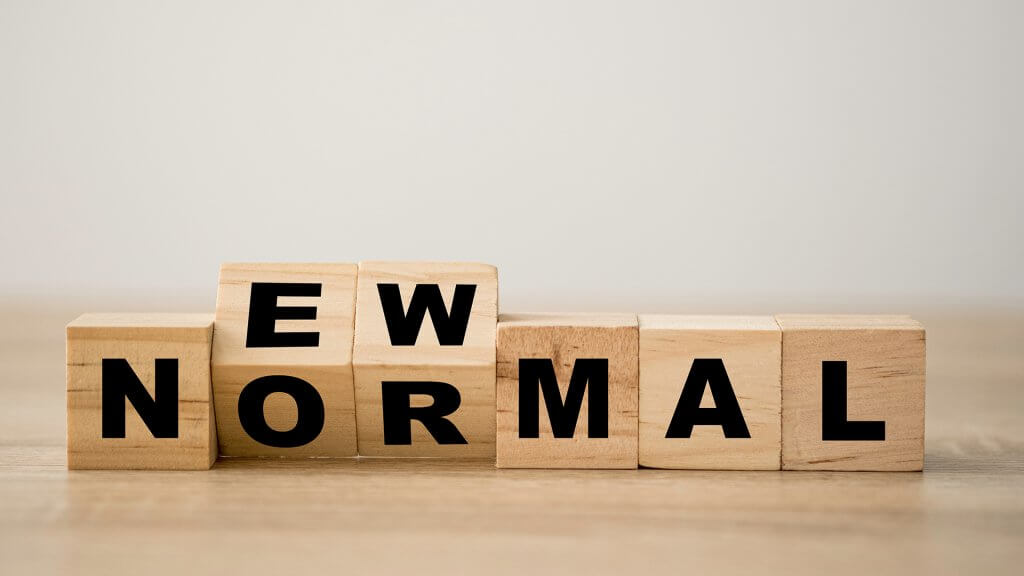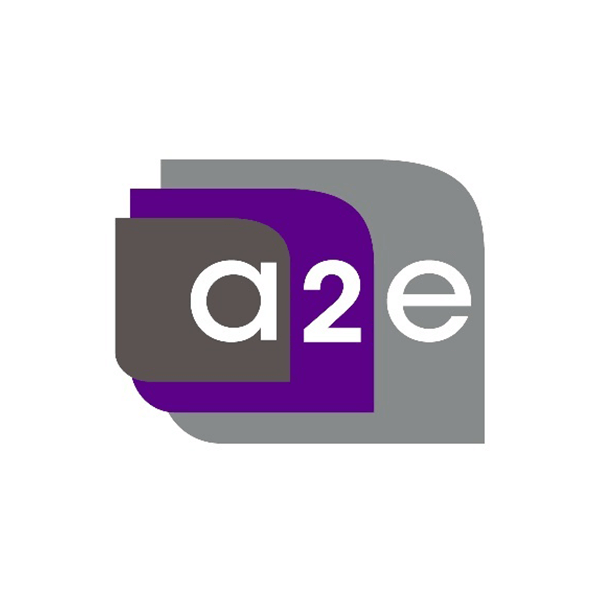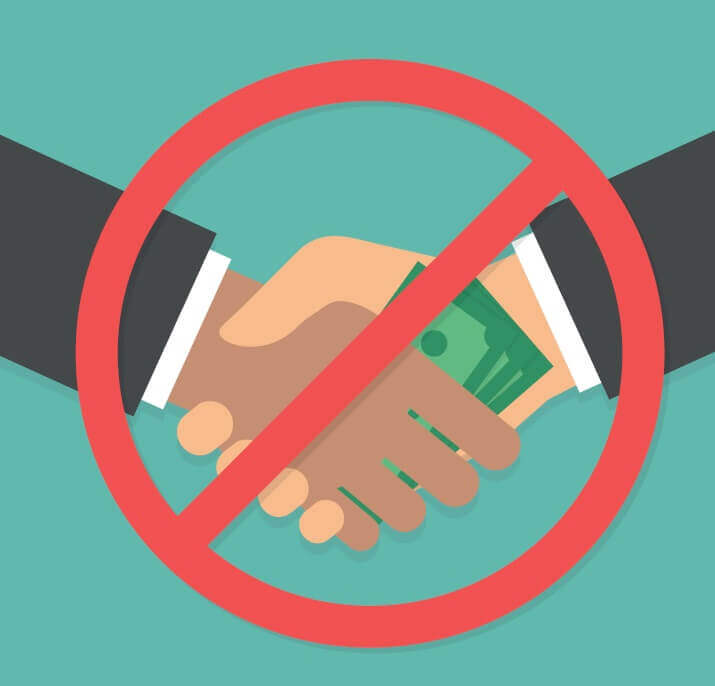
The protection and maintenance of a business’ intellectual property (IP) is often overlooked and misunderstood by business owners. The IP of a business is a valuable asset, and in the correct circumstances can be utilised to help generate additional income with relatively minimal effort through licensing.
Pete Konieczko-Hansom, Head of Intellectual Property at Blacks Solicitors, shares an overview of matters that business owners should consider when it comes to protecting their IP.
What are intellectual property rights
Intellectual property is something that is created using the mind – for example, a story, an invention, an artistic work or a symbol. This typically gives the creator exclusive rights over the use of the creation for a certain period of time. Copyrights, patents, designs and trademarks are all types of IP protection and these can be used to protect the unique creation of names of products and brands, inventions, the design or appearance of a product and things written or produced.
Protecting a brand name
It’s important for a brand name or logo to be protected by seeking to register it as a trademark. A trademark is a sign, design, logo or expression that is capable of identifying a product or service from a particular enterprise2.
Once a brand name is trademarked it will be easier for businesses or individuals to stop others from copying their brand. This can be seen with licensed sporting goods, for example, if a product bears a football team’s logo the customer will know that they are purchasing the official merchandise of the team.
Protecting unique inventions
If a business or individual creates unique or innovative processes or ways of operating, it may be worth protecting this process with a patent. There are very strict rules and regulations in place to obtain a patent, and so businesses should seek advice from a professional sooner rather than later. Obtaining a patent presents many benefits, whether this is through passive income through licensing out the invention or restricting your competitors by forcing them to use inferior materials or products.
A patent is a type of IP that gives the owner the legal right to stop others, for a limited period, from making, using or selling the invention without their permission.
Protecting confidential information
If a business’ process or procedure isn’t capable of being patented, this can still be protected by restricting access to essential and confidential information. There may be several reasons why a business chooses not to patent its product, particularly as a patent only protects an invention for a limited time, after which anyone else may use, sell or create the patent.
The protection of information can be secured in a variety of ways, from confidentiality agreements to physically limiting the number of individuals who have access to the relevant information. An example of this is the closely guarded secret regarding the Coca-Cola recipe. Whilst it is potentially capable of being patented for a limited time, the company chose against divulging the recipe to the public and instead chose to rely on contract law. This has therefore allowed the Coca-Cola recipe to remain a secret since its invention in 1886 by simply restricting the number of individuals who have knowledge of the key ingredients.
Obtaining licensing
For anyone with a well established brand name, there is always the option of expanding into new areas that they do not already operate in via licensing. This can be related to different geographic areas, or to different areas in terms of products, services and sectors. An example of this is Games Workshop which has a variety of licensed products from candles, to clothing, to an escape room.




















